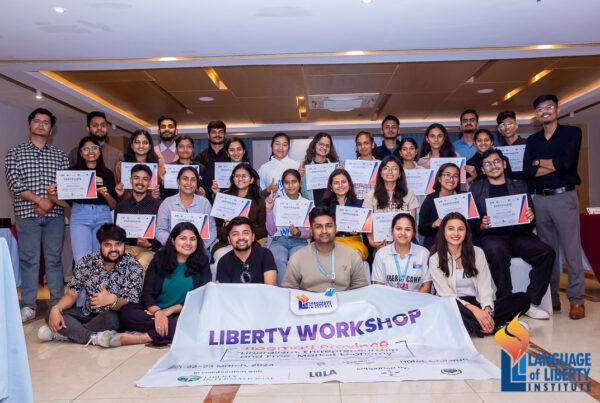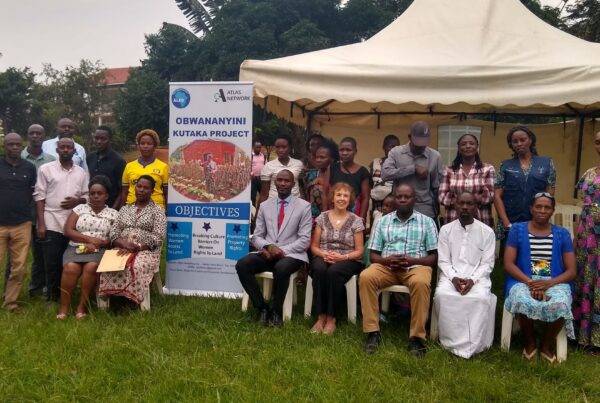
Yes, they do eat bugs in China – and just about everything else that grows and is not poisonous. The story there was that, as a guest of honor at one of Majestic’s small gold mines in Shandong province, I was served up a platter of stir-fried silkworms.
This delicacy is very expensive, as for some reason, the silkworms won’t give you silk for making robes and stuff with after you eat them. There was seaweed on the table behind the Silkworms. Never my favorite, I ate a lot of seaweed that day. I don’t even want to know what was in that last dumpling, but it sure wasn’t pork, as I was told.
I managed to pass on (I kid you not) a platter of fried caterpillars by claiming I was full and putting down my chopsticks. Unfortunately, I did fish a rooster head out of a pot of soup, and was told it’s not polite to put something back after you grab it, so it sat on my little crumb-catching plate and stared at me accusingly for the rest of the meal. You’ve already heard about the fancy restaurant in Beijing where I managed to scandalize folks by passing over a $100 bowl of shark-fin soup. Unfortunately they set a bowl full of dead seahorses in front of me before I could refuse – not chopped up, but whole and sad-looking. I didn’t have the heart to eat them.
Among many other strange things I cannot identify, I’ve now eaten ox stomach, duck intestines, and some sort of alcoholic beverage the making of which involved animal guts (I stopped asking when the description got that far). The number of unidentified fruits and vegetables is beyond belief. I didn’t have any, but a geologist I met says he’s had dog and another had young camel (like veal).

but 2000 miles wide.
I’ve reported that the smog was so bad, you could see it inside large rooms, and it’s true. What’s even more amazing, is that it’s not just in the cities; the whole country is blanketed in the stuff, except in the most rural areas where there are no people … and where in China are there few people? Factories, and vehicles belch crud into the air continuously, and coal is still a major source of heat and cooking fires across the country. Imagine dirty, smelly, 19th-century London, but 2000 miles wide.
The national bird may be the construction crane – I truly have never seen so many, anywhere, anywhen – but the national flower is the plastic garbage bag. The Chinese don’t seem to use large plastic bags to hold trash. Trash in plastic shopping bags and just about anything else – or nothing at all – is dumped everywhere. Presumably in dumpsters in more upscale locations. It’s in flat, walled enclosures elsewhere, where guys come by to shovel it onto trucks. I don’t know how they manage their landfills, but apparently, a lot of trash blows away … and, I understand from speaking to a few people, that littering is simply normal here. So, everywhere I’ve been, from Inner Mongolia to Guangzhou, there are plastic bags blowing in the wind, caught on tree branches, stuck on corn stubble, drifting along sidewalks … It’s a very sad sight …
You can also see the soil depletion. Even in agri-rich Yantai, what looked from the air like a pattern of people sticking to the valleys and mountains left to the forests, on closer inspection, is mile after mile of pale, dusty soil, fertilized with whatever they can get. The mountains are terraced from one side to the other (or right up to the granite cliffs, or other gradients too steep to terrace). But, as the urbanization continues, unstoppable, more and more of the terraces are looking abandoned … and yet, there are so many people to feed, tiny plots, maybe 5′ x 10′ are under cultivation in just about every nook and cranny of flat space in the whole country.
What I can’t show you is a picture of the traffic, which was beyond my worst nightmares – and I’ve dodged cars in Mexico City! (With an overloaded RV at rush hour!!!)
The driving is absolutely insane. They do have driver licensing, but the instructors apparently don’t know how to shift gears, so it is easy to get a license with an incomplete ability to actually control a car, let alone any thorough understanding of safe practices on the road. In the cities, people walk right out into traffic, regardless of the speed of oncoming vehicles. Vehicles charge right at flowing pedestrians or bicycle traffic without slowing one bit. One guy tried to push me off a pedestrian crosswalk with his car (and I had a walk signal)!
Bicycles, one-cylinder 25-ton trucks, ox-carts – everything wanders down the roads and highways at whatever speed pleases. Drivers pass in the face of oncoming traffic all the time. One guy passed our vehicle, on a two-lane road, while we were passing a slow moving truck, on a hill, with a curve in it.
People pass on the shoulders with great frequency – and truckers leave the large stones they use to chock their wheels when they break down on the highway, right on the shoulders and even the travel lanes. Children on bikes – or whole families on bikes – will drive straight into oncoming traffic and will fail to move to the side, even to the constantly blaring horn of a rapidly-approaching car. No one yields unless a collision is seconds away. People drive on the wrong side of streets, highways, and even divided super-highways whenever they see an opening and it suits their whim. They stop in the left-hand lane of six-lane highways to turn left. Outside of Beijing, the highways have few cloverleafs and turn-lanes are almost unknown. Every road we traveled, large and small, is connected to the highways. I doubt anyone could pay me enough to drive in China.
Another thing that’s hard to capture in a picture is the Chinese billboard. I have seen many that are easily 30 meters or more tall, and hundreds of meters long. I think I may have seen some a half a klick long.

However, don’t get the idea I didn’t like the place. For all the seemingly crazy things, there were as many positively amazing things. I was particularly pleased with the up-beat energy of the young people in the cities. They definitely seem to believe that their future will be better than their parents. They seemed hard-working, energetic … and happy.
The government does its best to screw things up, of course – the red Chinese flag is everywhere. On the other hand, government is not monolithic, and there clearly are many people in the Chinese government who “get” that capitalism must be unleashed if China is to prosper. The place is a recurrent bureaucratic nightmare, for sure (checking in to a hotel takes a ridiculous amount of time, because of all the passport/visa/other paper checking, filing, and stamping, etc.), but it is moving away from socialism/communism. I believe it’s even moving away from totalitarianism, though I don’t know that its leaders grasp just how slippery the slope is they are trying to stand on – which is more than can be said of the U.S., which seems hell-bent on moving in the opposite direction, in both dimensions.
China is also definitely not a place run by lawyers. If you’re not sitting down when it’s time to go, Air China planes start backing away from terminal buildings – if you fall down, that’s your problem. That sort of thing was, quite frankly, very refreshing.
On the third paw, in spite of recent liberalization made unstoppable by the success of the zones where a measure of capitalism has been allowed to flourish, The Party does not let anyone forget who is boss.
Fortunately, like sensible people everywhere, most Chinese seem to ignore the state as much as possible, or pay it to go away when impossible. I don’t think The Party will last much longer; like the Russians, they’ve given the people a taste of freedom, and there’s no stuffing that genie back into the bottle. It was a fascinating lesson in political economy.
The variety of Asian ethnicities was also fascinating, I saw many beautiful faces, young and old, male and female – but unfortunately many people were shy of my camera.
Men do not wear long hair in China, and my hair was longer than that of most of the women I met, so I attracted a lot of attention – and that was great because it made it easy to meet people. I was tired and ready to get home to squeeze my family by the time I was done, but I had a terrific time.





